Israeli support for Morocco on Western Sahara designed to stoke conflicts: Academic
By Ali Ghorban Bagheri
Israeli regime’s recognition of Morocco’s sovereignty over the Western Sahara region is part of the regime’s “divide-and-rule policy” towards the Arab and Muslim world, which is essentially designed to fan the flames of ethnic and territorial conflicts in the region, says an academic.
In an interview with the Press TV website, Noureddine Abou Lahia, an Algeria-based academic and writer, said the occupying regime is bent on stoking ethnic, tribal and border disputes in the region.
“The Israeli regime’s evil DNA pushes it to fan the flames of ethnic, tribal and border disputes here and there. America and Israel always look for such fault lines and use their media power to sow divisions,” Lahia said, referring to Israel’s recent recognition of Morocco’s sovereignty over the resource-rich region.
The Israeli decision comes in the wake of its normalization with Morocco under a US-brokered deal in 2020. As part of that deal, Washington also recognized Morocco’s sovereignty over the region in 2020.
The dispute over the region goes back to 1975 when colonial ruler Spain withdrew from the area. The region was claimed by Morocco and the indigenous Sahrawi family, led by the Polisario Front.
They fought a 15-year war, and under a 1991 ceasefire accord, an UN-supervised self-determination referendum was to be held in the region. But Morocco has so far not allowed that vote to be held.
The Polisario Front now controls about a third of Western Sahara, and Morocco controls the rest.
Israeli attempt to deflect attention
The Algerian professor said Israel’s announcement could also be designed to divert public attention from its growing internal crises and diminishing international clout.
“The Israeli society, which was claimed to be monolithic, has faced a rupture and people don’t even trust their own military now. So the regime leaders are seeking to divert attention from the unpleasant situation (they face),” he said.
He said the US hegemony is also on the decline, and this negatively affects the Israeli regime.
"Israel and the US are in a difficult situation because with the rise of Russia, China and the BRICS countries, the world has become multipolarized and Washington is gradually losing its dominance. The dollar's role in global transactions is decreasing,” Lahia told the Press TV website.
“Also, American military bases are in a weak position and may be targeted from any side. We now even see that the US-backed Persian Gulf countries have turned towards Russia and China because they don’t trust the US. If Washington is weakened, Israel is also weakened.”
Morrocan people opposed to Israel
Asked why Morroco moved to normalize with the Israeli regime, the professor said it was not a big surprise since Rabat has long put itself within the orbit of the West.
“Morocco has always been on the side of the United States, Spain and the West, and had good relations with the occupying regime and this hasn’t been a secret. The country even has strategic military cooperation with Israel,” the Algerian academic said.
“During the Arab Spring in 2011 and the Syrian conflict, Morocco throw its weight behind the West and later sent military troops to Yemen to fight revolutionaries there.”
However, Lahia hastened to add that the Morrocan people, like other Arab and Muslim nations, support the Palestinian cause and are opposed to normalization with the Israeli regime.
“The Moroccan people are resilient and combative and supportive of the Palestinian cause as the rest of the Arab nation,” he asserted.
Algeria-Morocco dispute resolvable
Algeria has had no diplomatic ties with Morocco since 2021 after Rabat normalized relations with the Israeli regime. The cutting off of ties followed many years of tense relations over various issues, notably the Western Sahara region, where Algeria supports the Polisario Front.
Lahia said the dispute between Algeria and Morocco is rooted in fundamental political differences, as Algeria has long been a socialist country following a look-to-the-east policy.
“Algeria’s stance is totally different from Morocco, as Algiers does not interfere in the affairs of other countries and supports the resistance forces in the region,” he told the Press TV website.
“Algeria sheltered Palestinian refugees who came from Lebanon in 1980. It has opposed the normalization of Arab countries with Israel and opposed Israel's membership in the African Union.”
The professor noted that there’re historical bonds between the two nations of Morocco and Algeria, and tensions between the two countries are only on the political level.
He further stated that he believes the dispute over the Western Sahara is of secondary importance and it can be easily resolved if the Moroccan leaders abandon relations with the Israeli regime.
(Translation by Alireza Hashemi)
'Gaza has won': Social media users react to ceasefire with mix of relief, joy
Iran seeks South Korea’s assistance for AI, fiber-optic projects
VIDEO | Iran's 'Eqtedar' (Power) maneuver
Israel hits HTS military target in Syria for 1st time since fall of Assad
VIDEO | Press TV's news headlines
Israel has slaughtered 13,000 students in Gaza, West Bank
VIDEO | More Zionist than Zionists: Biden’s legacy to be defined by Gaza genocide
Hamas confirms handing approval of Gaza ceasefire deal to mediators


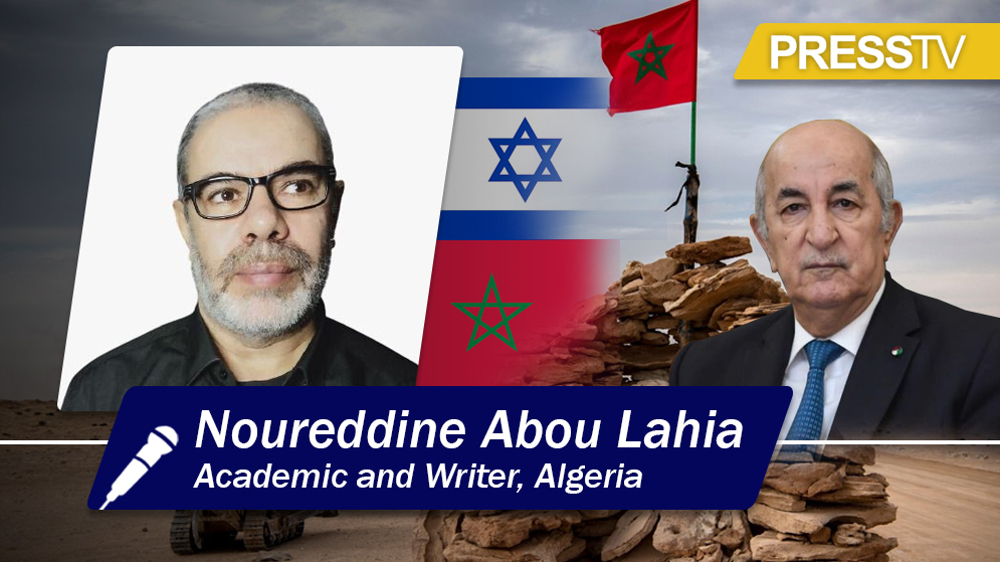
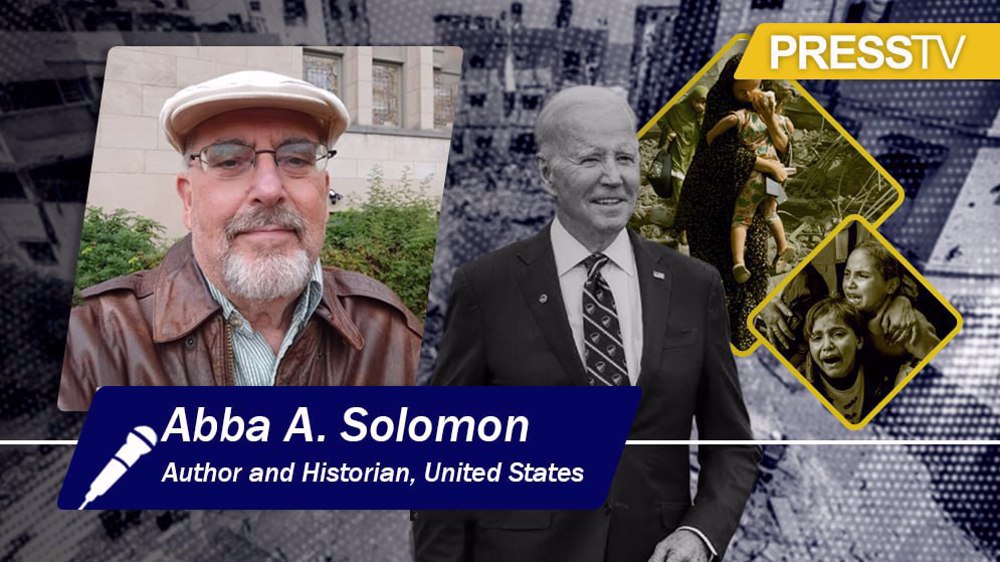

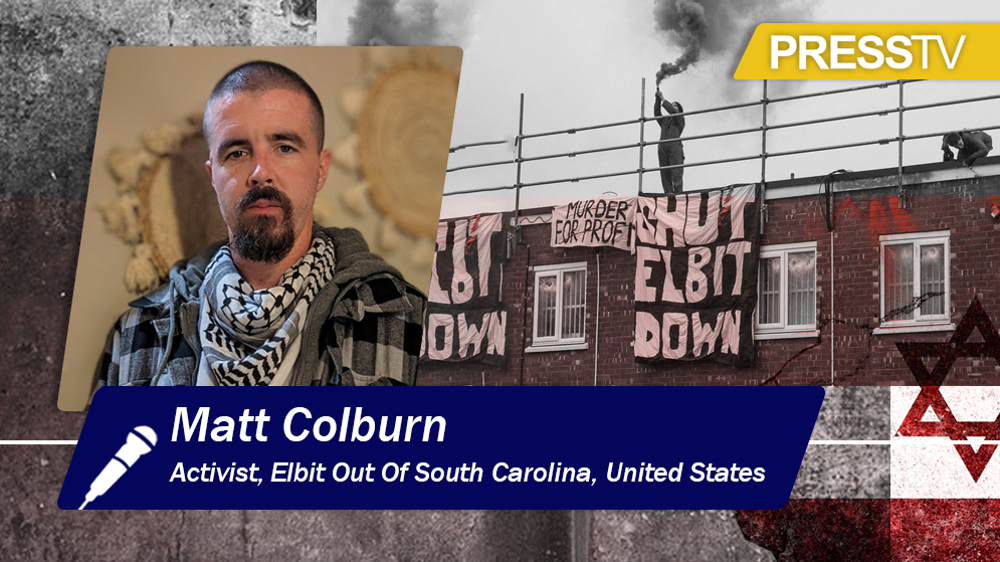



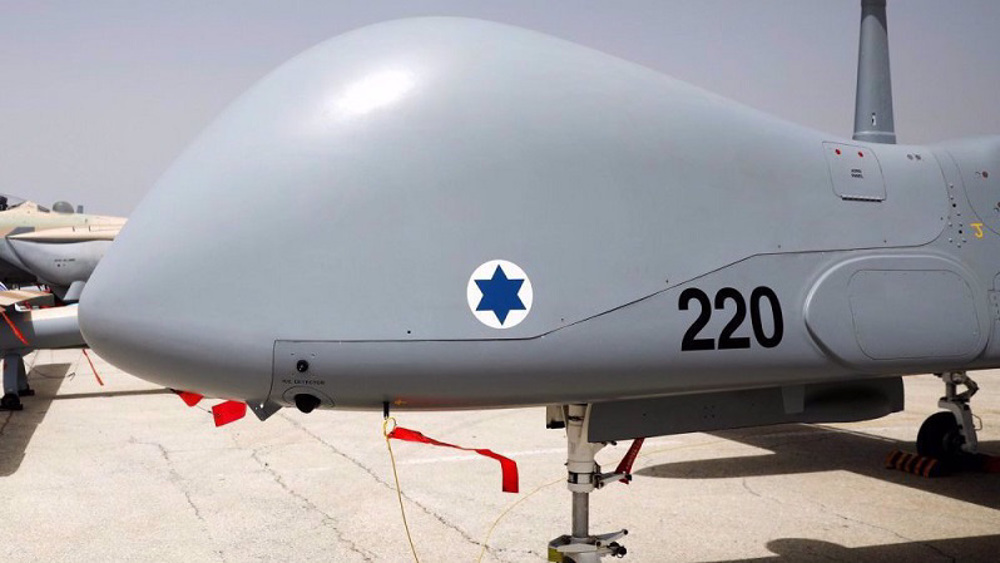
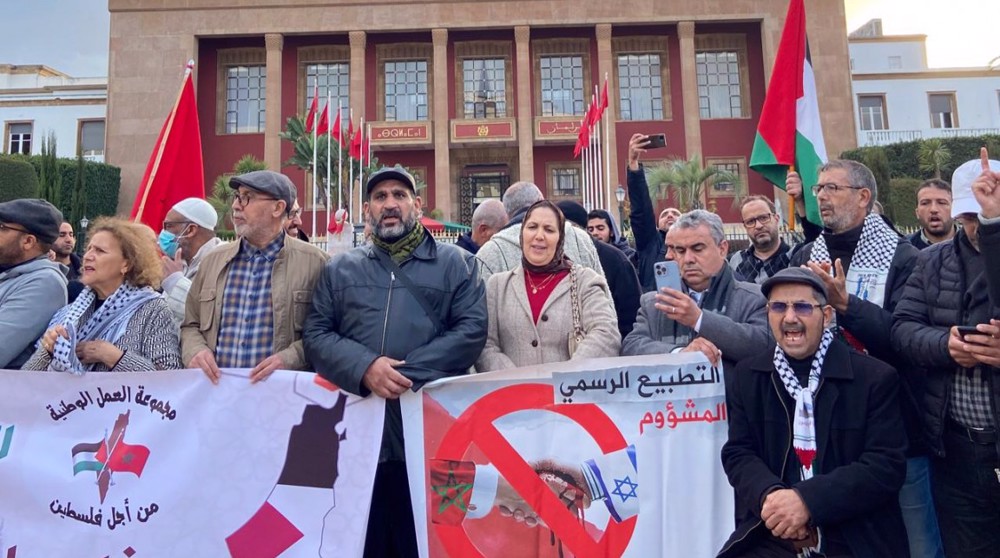
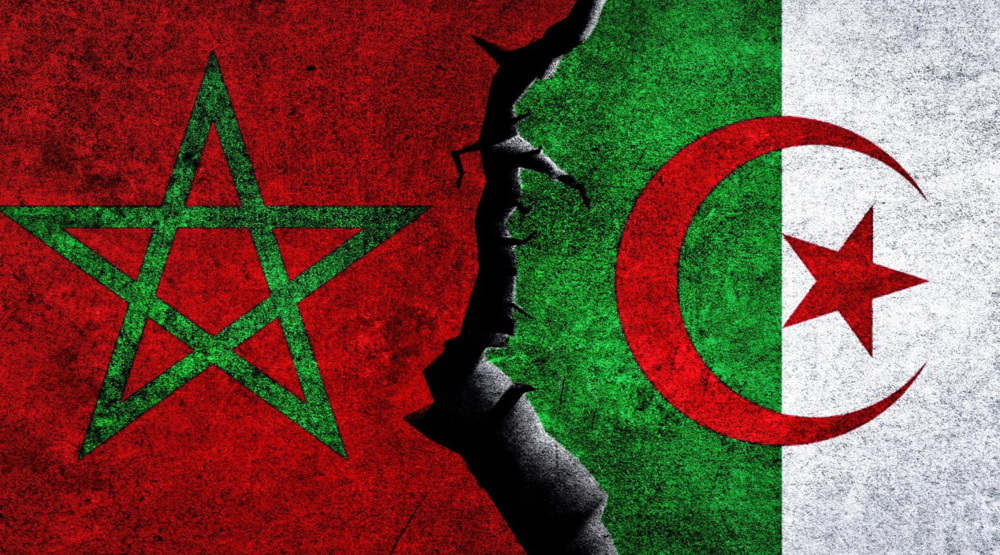

 This makes it easy to access the Press TV website
This makes it easy to access the Press TV website